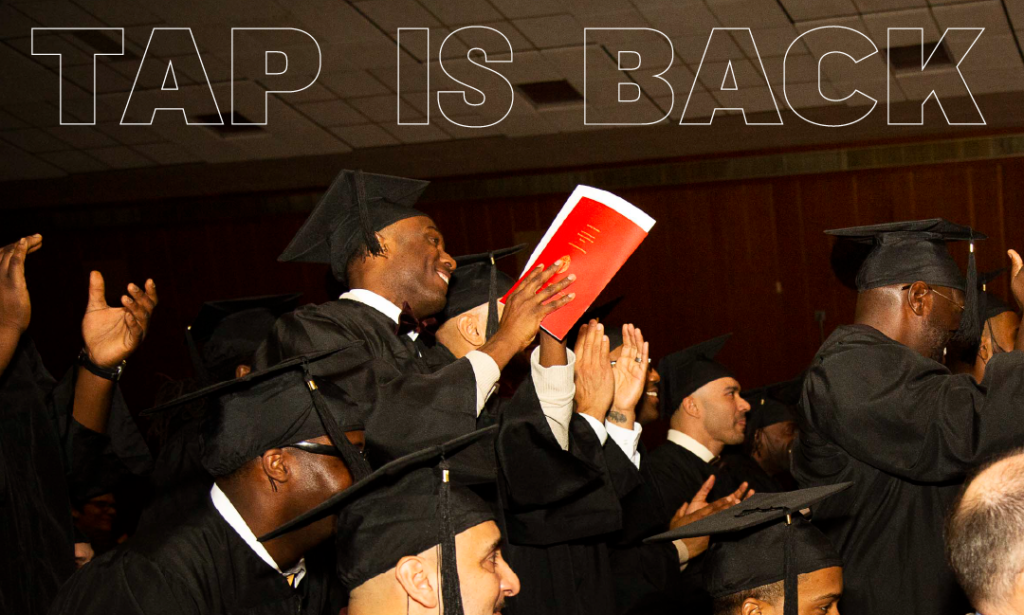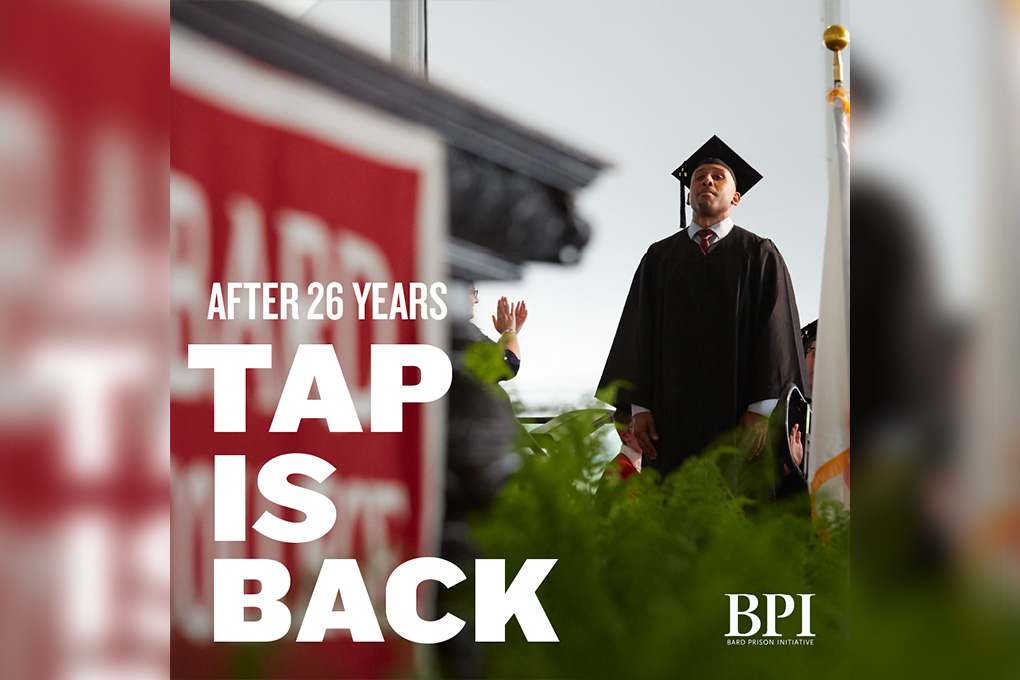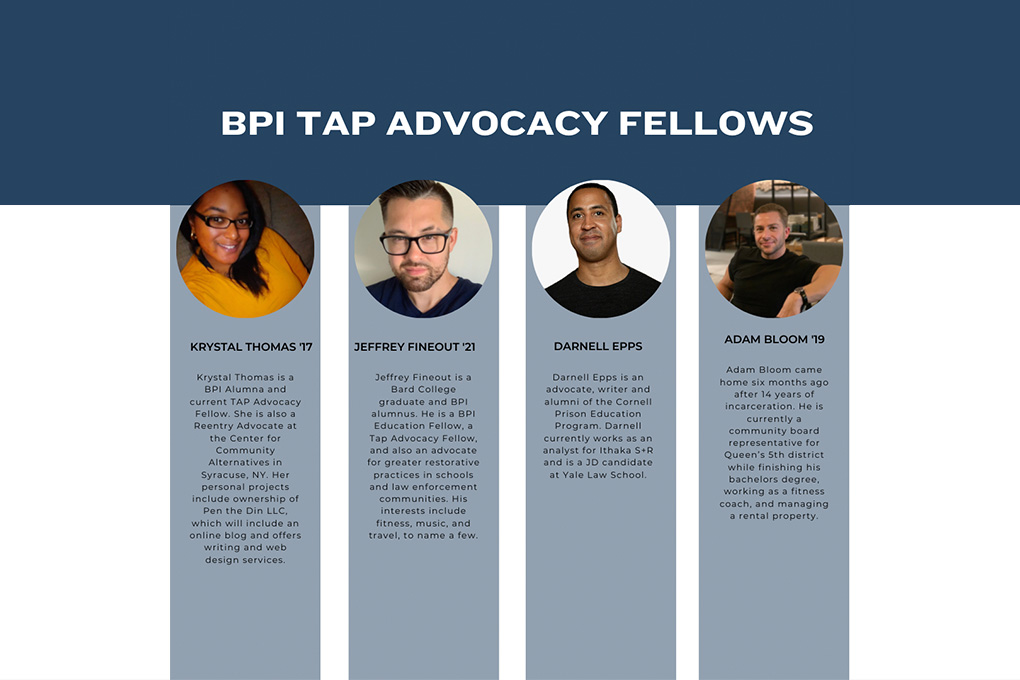For most incarcerated citizens, prison puts life on hold. You might say that’s as it should be. Prison—at least partly—is punishment.
But increasingly, policymakers are thinking more seriously about what happens when people get out of prison—and what the best ways are to rehabilitate them, so they don’t go back in.
Studies show education initiatives may be the solution for America’s sky-high recidivism rates. But for many inmates, getting an education isn’t just difficult—it’s impossible.
The need for education in prison is not falling on deaf ears. Several bipartisan measures in the Senate would free up federal Pell Grants for incarcerated citizens and try to improve their overall quality of life. But will those measures succeed? And what is the state of education in prison without them?
Joining us for our discussion about education in prisons are Jule Hall, Bard Prison Initiative alumni and program associate for the Ford Foundation; Charisma Howell, director of the Georgetown Street Law program; Rep. David Trone, D-Md., and David Wise, former warden of St. Clair Correctional Facility in Alabama.



